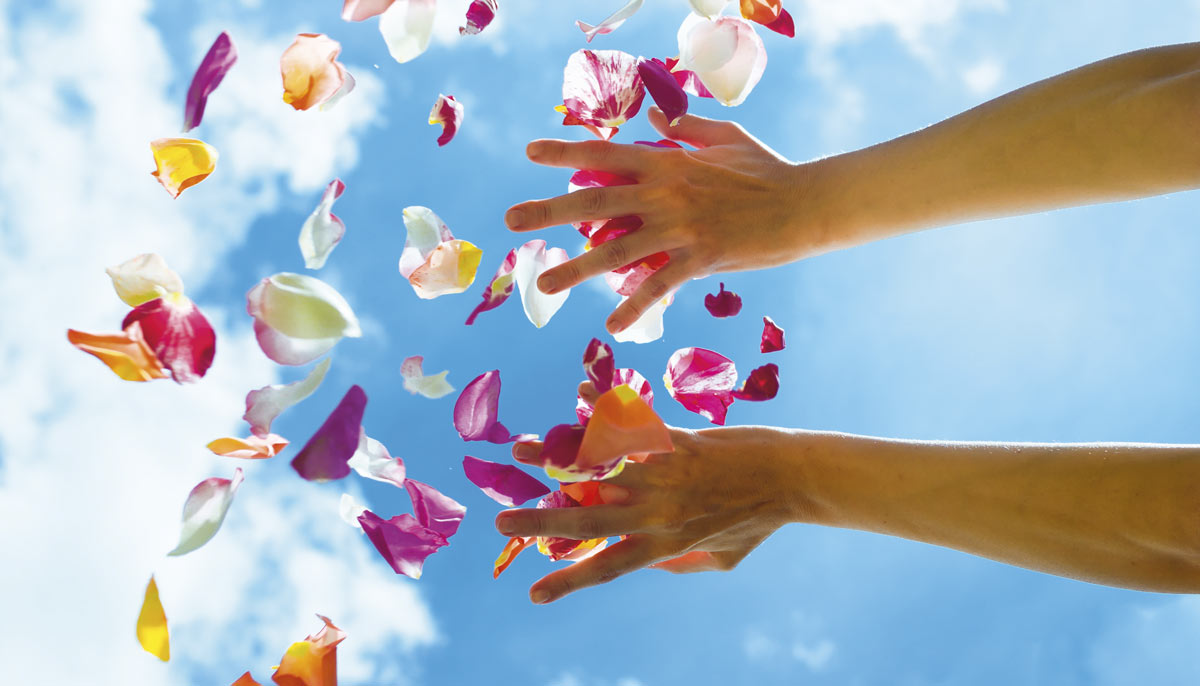When we think about making and breaking habits, how often do we consider our feelings? The fact is that perhaps the most important habits we can make (or break) are those relating to how we are with our emotions.
You might have thought that the way to work with your feelings is to meditate around or away from them, and it seems as if many people seek out meditation hoping it will pacify their feelings. But as meditators, we must develop conscious habits of relating to our feeling life with grace and mindfulness, or our meditation will ultimately not be effective. Our feelings—if we know how to practice with them—are our best friends on the spiritual path. They have wisdom to offer.
One effective way to work with feelings is to welcome them into the meditative space. In this practice, we sit with our feelings, even unpleasant ones, and make friends with them. We often meet feelings with strategies of escape, avoidance, suppression, indulgence, or self-judgment. The practice of befriending feelings provides us with another option. We gradually learn not only to tolerate what arises, but to welcome it and take it into our personal and spiritual path.
Meditation: Make Friends with Your Emotions
First, pause and take a few deep breaths. This helps us find the mental and emotional space to sit with whatever is arising.
Turn your attention away from the story behind the feeling toward the feeling itself.
Now turn your attention to your body. Where does this feeling live in your body—in your belly, heart, shoulders, back, neck, face, head? Explore the quality of the feeling there. Is it heavy, light, tight, constricted?
Next, breathe some space into the feeling. Your awareness, your self-compassion, flows into and around this space created by the breath. This gentle, kind attention comes alongside the feeling like a good friend might come alongside you when you need someone to listen. This attention is not there to fix anything or dismiss anything. It does not judge or label. It has no plans.
Now, welcome your feeling. You might even silently speak to it in our practice, saying something like, “I am not going to dismiss you or suppress you. I am just here to be with you. You are welcome here. I will be your friend.” We spend so much time fighting the presence of feelings, especially unpleasant ones. Notice how this kind of welcoming attention affects your feeling.
Trust your capacity to hold a space of welcoming and safety for your feeling. If you need to take a break at this point, you can. Sit with whatever happens. Stay open. Stay curious.
If you make a habit of this practice, you will gradually notice a shift. The feeling will begin to feel safe with you, and eventually it will begin to relax and open up. At that point, you can notice what it is like when the feeling liberates itself. Let go of the project of befriending and dwell in openness without effort. It is enough to stay here in the present moment, just as you are. This moment of awareness is luminous. This moment of awareness is spacious. This moment is free as it is.

